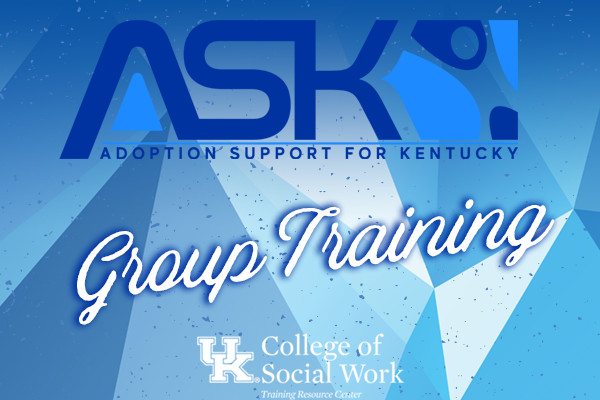Accelerated Resolution Therapy as a Pre-Habilitative Psycho-Oncology Approach with Head and Neck Cancer Patients
This scholarly Capstone Project intends to introduce the integration of a novel therapeutic framework to bridge the unmet psychological needs of the head and neck cancer population. The Capstone Project provides trending information on the etiology of head and neck cancers including increasing diagnoses related to the Human Papillomavirus and thus why some in the medical community refer to this cancer as a “quiet epidemic”. The primary focus will be to illustrate the disproportionately high psychological distress experienced by this population, the traditional therapeutic interventions applied and the need for a new approach.
The project will introduce the model of Pre-Habilitative Psycho-Oncology using Accelerated Resolution Therapy, or PPA, to be implemented in the oncology clinic setting. The new model, which will be social work led, will establish consistent and thorough biopsychosocial assessments on every patient with a new head and neck cancer diagnosis, identify those experiencing psychological distress and intervene prior to the initiation of treatment, rather than during or after.
The pre-habilitative approach seeks to reduce anxiety, depression, and suicide ideation through the techniques used in Accelerated Resolution Therapy. Through the unique social work lens, PPA will help patients develop coping skills, enhance resilience, and improve quality of life.











